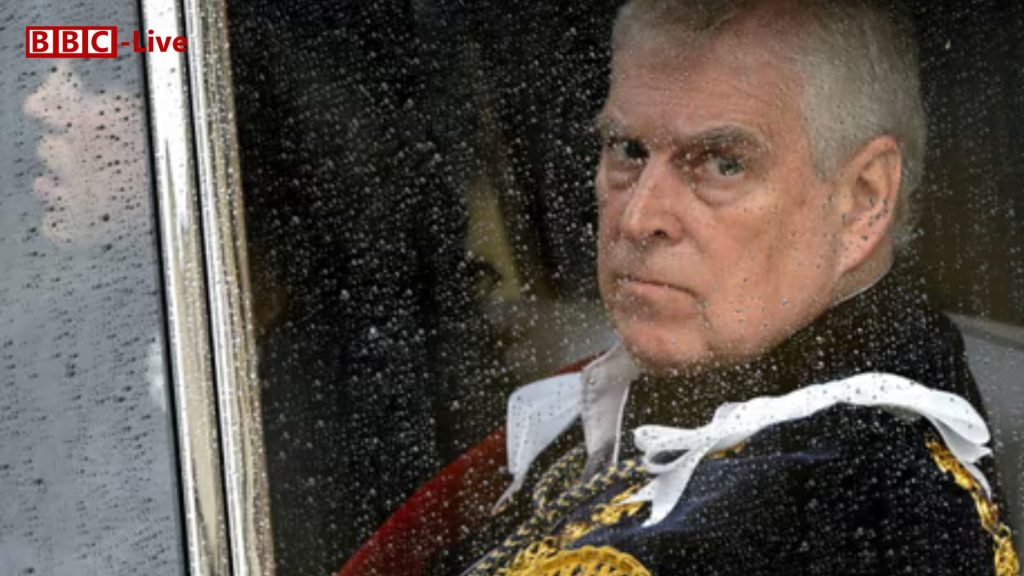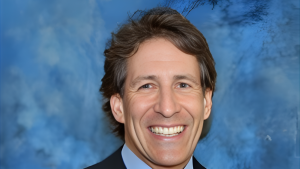
Prince Andrew
Acknowledging National Security Concerns
UK Home Secretary Yvette Cooper has recently addressed the intricate relationship between the British government and China. She acknowledged the need for economic cooperation with China. However, this comes alongside ongoing concerns about national security. Cooper’s comments were highlighted in light of significant revelations regarding an alleged Chinese spy.
Revelations About Alleged Spy Links
The alleged spy has ties to Prince Andrew. This individual, known only as “H6,” was banned from entering the UK due to national security reasons. H6 was present at Prince Andrew’s birthday party and made visits to several royal residences, including Buckingham Palace, St. James’s Palace, and Windsor Castle, all at the Duke of York’s invitation.
Reports from The Times revealed that H6 also had meetings with former Prime Ministers David Cameron and Theresa May. Both leaders have stated that they do not recall these meetings. This has raised further questions about H6 and his connections within the British political landscape. H6 reportedly kept photographs of his meetings with these high-profile figures on his office desk, escalating scrutiny around his associations.
Cooper’s Stance on National Security
Yvette Cooper was questioned about her stance concerning China during an interview on the BBC’s Sunday with Laura Kuenssberg. She emphasized that the UK will adopt a firm approach to national security. This is particularly true regarding economic security threats posed by China and other global actors. “We will continue to take a very strong approach to our national security… that will always be the approach we will take,” Cooper asserted.
Despite these concerns, Cooper recognized the importance of maintaining economic relations with China. “Of course, with China, we also need to ensure we have that economic interaction, economic co-operation in place as well. So it’s a complex arrangement,” she explained, acknowledging the duality of the relationship.
Legal Proceedings Surrounding H6
The alleged spy, H6, appealed his case to the Special Immigration Appeals Commission (SIAC). This body upheld the UK’s decision to bar him from entering the country. The grounds for this decision were claims of his involvement in covert activities on behalf of the United Front Work Department (UFWD). This organization is a branch of the Chinese Communist Party (CCP).
H6 was first detained at an airport in November 2021. During this incident, authorities seized his phone and discovered communications that indicated high-level connections between him and Prince Andrew. A message from the Duke’s adviser, Dominic Hampshire, highlighted H6’s esteemed standing within Andrew’s circle. He was described as someone “at the very top of a tree that many, many people would like to be on.”
Concerns Over Access to Royal Residences
Another communication revealed how Hampshire worked to facilitate H6’s access to Andrew’s residence in Windsor. This was done without attracting unwanted attention from other private secretaries. Such findings indicate a concerning level of influence and access that H6 allegedly possessed.
Political Calls for Investigation
The controversy surrounding H6 has sparked significant political reactions. Former Conservative leader Sir Iain Duncan Smith is among those calling for a thorough investigation. He plans to raise an urgent question in the House of Commons. This inquiry may potentially unveil the identity of the businessman under parliamentary privilege.
Simultaneously, Shadow Home Secretary Chris Philp has advocated for a more transparent approach to exposing instances of Chinese interference within the UK. He emphasized the need for vigilance in all sectors, ranging from academia to government. Philp warned that China has long sought to infiltrate British institutions to obtain intellectual property and influence governmental processes.
Official Warning from the Home Office
In July 2022, the Home Office issued a letter that led to the exclusion of H6 from the UK. In this correspondence, authorities detailed his alleged affiliations with the UFWD and his covert activities for the Chinese government. This case has sparked serious concerns over China’s influence in the UK and the Western world.
Implications for the UK-China Relationship
The ongoing situation raises critical questions about the extent to which foreign powers may exert covert influence within British political and business circles. The balancing act that the UK government must perform in dealing with such complex international relations is evident. Yvette Cooper’s comments reflect a nuanced understanding of the challenges involved, as allies and adversaries alike scrutinize how these relationships develop.
Cooper’s remarks about the importance of economic cooperation suggest that the UK does not intend to sever ties with China entirely. This raises the stakes for how the UK will navigate the delicate balance between security and economic interests in the face of growing concerns over foreign interference.




